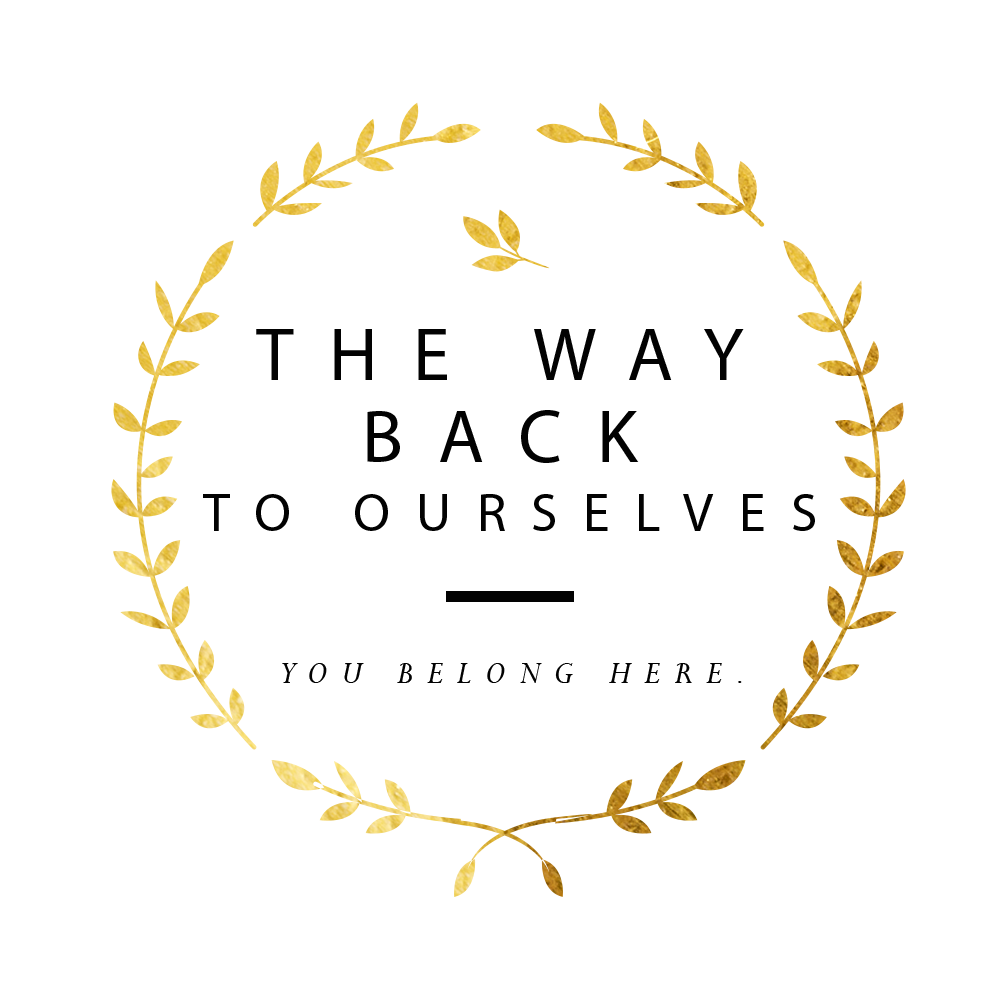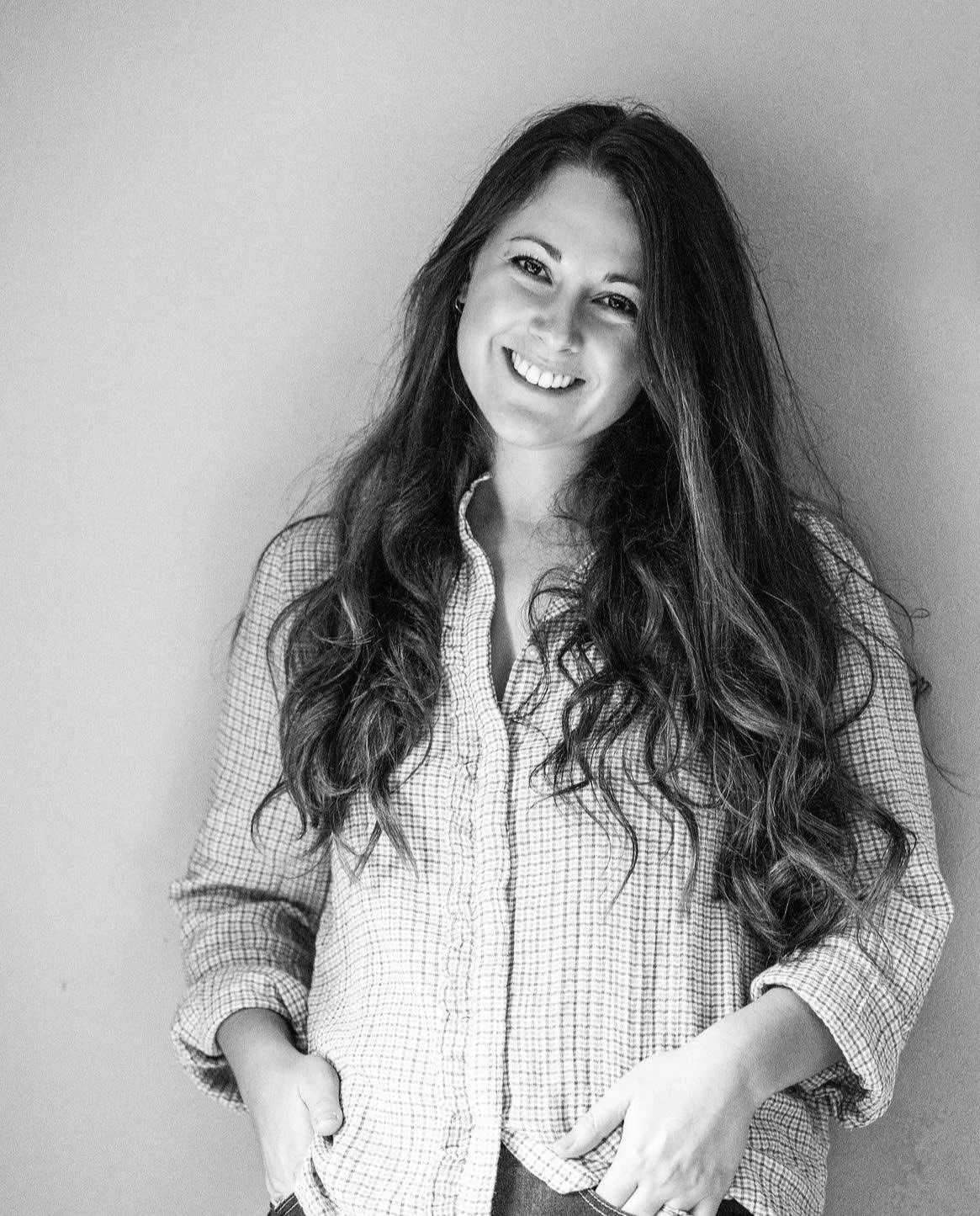Is Happiness Enough Accomplishment for One Day?
By Deidre Braley
I just about die of guilt when I worry I’ve enjoyed the day too much.
I’ve been trying to come to terms with a slower pace of life for a while now, but I still get bogged down with a near-weekly sense of dread that I haven’t accomplished enough. That I haven’t proven my worth and the world is scowling at me for not meeting its expectations.
A year ago, I left my job as a classroom teacher. I packed up my books and my heirloom wooden pointer, loaded down the car with plants and all the residual candy from my desk drawers, and said to my lovely little school, “Goodbye for now. I don’t know if I’ll be back.”
I remember how baffled people were when I told them I was leaving. “But, you’re so young!” they’d say. “And you’ve gotten all that education! Don’t you want to stick around at least for another year? Or try administration?”
I did not. I could not. How do you explain to someone that your soul has withered away, and that it’s just a barren wasteland in there? Or how do you make a person understand that you are so weary you can’t even feel anymore? How do you put words to the terrible fear that if you keep your salary and paid summer vacations, you’ll end up forfeiting your tender-heartedness, and if that happens, you’ll be as good as dead?
It’s much easier to talk about vocation-work than soul-work, so I’d respond with soothing things like, “I love teaching, but I want to pursue my writing dreams for a while,” and, “I think I’ve got a book in me, so I’ve got to give that a whirl.” And while there was genuine truth to those statements, they also served as a socially-appropriate cover-up for my deeper mission: learning to live in a way that wouldn’t kill me in the process.
Since then, that’s exactly what I’ve been trying to do. I’d love to tell you it’s been a blissful transition and that I now lead quiet days free of existential angst, but apparently quitting your day job doesn’t equate to quitting your deep-seated beliefs around how work and achievement qualify your worth. And on the days when I fear I haven’t ‘achieved’ enough, boy, do I make myself suffer.
It goes something like this: My husband will get home, hungry and smelling of hard work after fifteen hours of delivering produce and negotiating with farmers. When he asks me how my day was, I hesitate. What am I to say? That it started with a cappuccino on the porch? That I read for a while, until my eyes felt heavy and I took a little nap? That I went for a walk and prayed aloud and penned a poem on the back of an old envelope? That my crowning achievement was gathering peonies and snapdragons and arranging them in old milk bottles all throughout the house?
Of course not. If he knew how much I had enjoyed my day—how I had rested while he had labored—he might think that I had wasted time (a cardinal sin!). Or he might begrudge me for my ease. Heck, he might even think of me as a freeloader, a mooch—one of those creative types with no real grasp on the legitimate need to make money in this world.
Even as I write this, I worry that you, too, will judge me. That you’ll read this and think, “Oh, what privilege. Some of us have to earn our bread. Must be nice to take a nap during the day.” I wouldn’t be surprised—I have a mean inner taskmaster who whispers those same critiques constantly.
We Americans are productive people. We value hustle and agency and efficiency. The idea of doing something for the sake of enjoyment on a weekday seems like a preposterous show of idle arrogance.
And so, we go to great lengths to prove that we have done enough on a daily basis. In turn, our rest is something that must be earned (and is rarely enjoyed), our healing is something we postpone, and delight is set aside as childish whimsy. We don’t need someone to tell us outright what we should be doing; there is an unspoken understanding that we should always be doing as much as we can, and we fall into a sort of self-imposed slavery trying to meet a bar that will always be just above our heads.
I was reflecting on this as I sat outside yesterday. With my chin tilted toward the sun, I was sipping a latte and wondering what the birds might be saying from the tree above me. I had my pant legs pulled up to my knees and my bare toes pointed heavenward, and for a moment, I felt entirely at peace. I was happy. Nothing more. Nothing less.
As soon as I acknowledged it, guilt came storming the gates of my mind. I was trying to meet the deadline for this article. There were dishes toppling in the sink. The tab to my unfinished book proposal sat open on my computer, and our floor hadn’t been vacuumed for a week. (It’s very likely there was an army of sugar ants carrying away our breakfast crumbs at that very moment.)
But I don’t know, maybe I’ve been getting bolder this year. I’d usually let the guilt consume me, but this time, a spunkier, more healed version of myself ventured to retort,
“And what if I don’t do any of it today?”
What I really wanted to know was this:
Would it be enough if I only accomplished this happiness for the day? Would I still be enough? An even tinier wisp of courage stepped forward to add: Would I still be worth loving?
Jesus said, “Come to me, all who labor and are heavy laden, and I will give you rest. Take my yoke upon you, and learn from me, for I am gentle and lowly in heart, and you will find rest for your souls. For my yoke is easy, and my burden is light” (Matthew 11:28-30).
He did not say, “Come to me, all who have made a name for yourselves, hit 10,000 Instagram followers, and built a successful empire, and I will reward you with my love. I have high expectations of you, and if you die of exhaustion trying to meet them, well—that’s just par for the course. It’s a hard life, so toughen up, buttercup.”
Herein lies the difference between our Living God and the gods of achievement. Our Living God says, “I love you. Come now, walk with me. I want to lighten your load,” while the gods of achievement say, “Make a name for yourself or die trying.” And yet, we have been so conditioned to equate our loveliness and value to our ability to produce that we readily line up and sacrifice our souls to the latter: those which will never, and can never, love us.
In his book Recapturing the Wonder: Transcendent Faith in a Disenchanted World, Mike Cosper writes, “Jesus invites us to come to him as an alternative to trying to please the insatiable voices of the mob. The alternative to the disenchanted religion of display—a life spent seeking affirmation in the mirror of the world—is to find rest in Jesus.”
See, Jesus gives us license to live in an entirely different realm than our culture claims possible. When guilt storms the gates, when the world cries, “Try harder!,” and when our mean inner-achievers tell us we don’t deserve happiness because we haven’t yet finished our to-do lists, Jesus says, “You are already free. You are already enough. You are already loved.” No sacrificial burnout is required on our part.
I recognize the need to pay the bills, and I believe God gives us good and important work to do here on earth. We are called to responsibly steward the gifts we have been given, and we’re also called to not be sloths.
But here is what I’m learning: It seems to be holier work to sit and marvel over the birds in God’s presence than it is to crush goals and slay giants outside of his presence.
As Brennan Manning puts it in her book The Wisdom of Tenderness: What Happens When God’s Fierce Mercy Transforms Our Lives, “Everybody has a vocation to some form of life-work. However, behind that call (and deeper than any call), everybody has a vocation to be a person, to be fully and deeply human in Christ Jesus. And the latter is more important than the former.”
This is what Jesus offers us, and this is what Jesus wants for us: to be fully and deeply human, in him. When we do this, we will, indeed, be happy. And we will, indeed, have done enough. So to answer the question of whether happiness is enough accomplishment for one day? In Christ Jesus, yes—yes, it absolutely is.
VISIT DEIDRE @ THE SECOND CUP
DEIDRE BRALEY
Deidre Braley is a freelance writer and editor. She lives in Maine with her husband and two children, and most days can be found savoring an overly cheesy bagel or drinking a second cup of coffee while working on content for her blog and podcast, The Second Cup. She is a strong believer in the power of poetry, picking roadside flowers, and blowing past small talk at all costs.
Follow her on Instagram @deidresecondcup or Facebook, and be sure to get in on her giveaway of a signature Poetry is For Rebels sweatshirt and original peony watercolor/poem, running from now until June 30!



